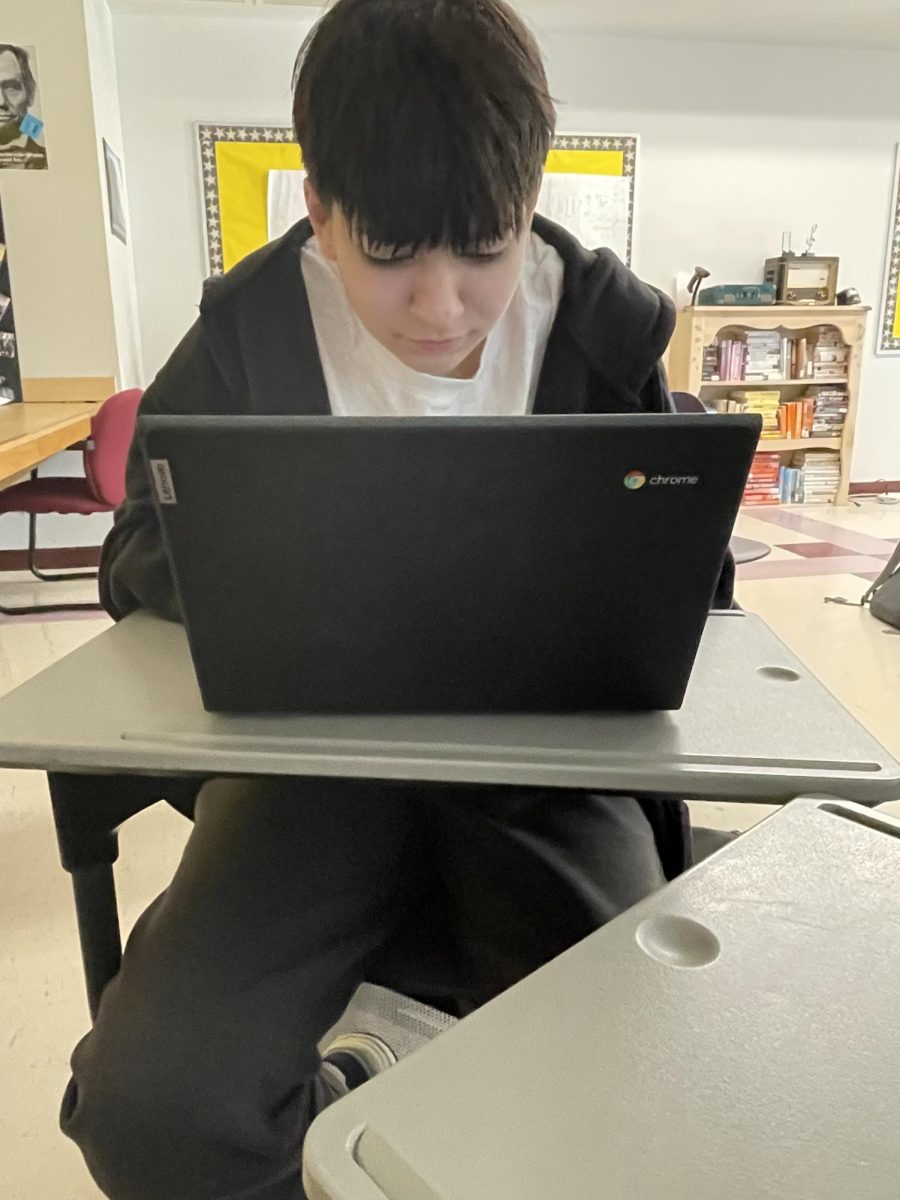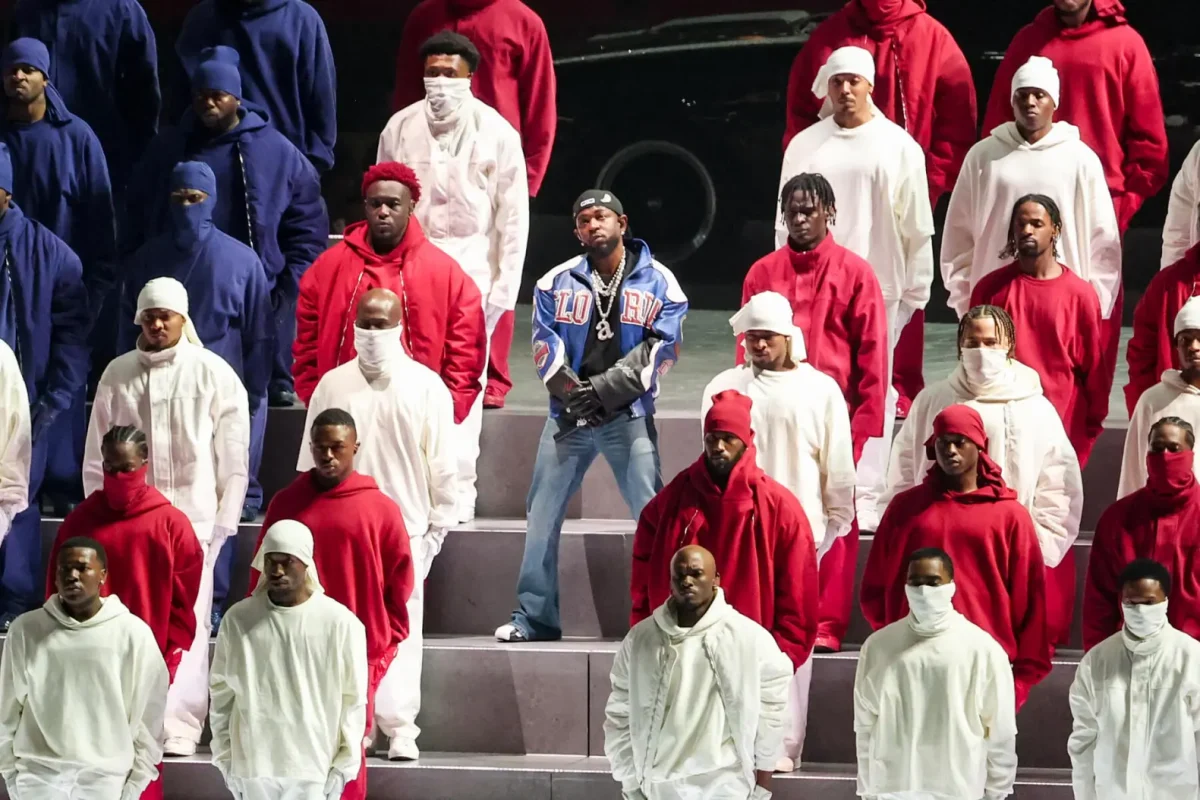New Malaria Vaccine Presents a Level of Efficacy
October 13, 2021
On October 6, the World Health Organization endorsed a vaccine for malaria that is speculated to provide sufficient antibodies to the individuals living in at-risk areas.
The vaccine, identified as Mosquirix, is proven to have modest efficacy, preventing the development of about 30 percent of threatening malaria cases. The complexity of creating any vaccine against a parasite is hard as it is, and now, making this vaccine tangible has been a struggle for many scientists, as there is a substantial lack of traditional market and developers. It is of great importance for countries to create advanced teams of healthcare professionals to make access to tools, including, but not limited to, antimalarial drugs and mosquito nets, facile.
For many years, malaria’s presence has severely affected the inhabitants of regions where this disease is ubiquitous. Although malaria is preventable, and can be suppressed, the sole countries and civilizations that have been successful in quashing this disease have been wealthy. Subsequently, it is consequential to acknowledge the impact that affluence has on overcoming this dire illness.
With over 400,000 deaths a year as a result of malaria, citizens of malaria-abundant areas are in desperate need of a vaccine. Thus, when the announcement of this vaccine reached century-long infected areas, one can only imagine the reactions of these citizens.
“I think that a vaccine for a disease like malaria is important and necessary to prevent deaths,” said Ariana Aray, a sophomore at Wayne Hills High School.
Malaria, a disease generated by a plasmodium parasite, is transmitted by the bite of infected mosquitoes. Uncontrollable and inheritable assets, such as an individual’s blood type and a species’ level of plasmodium, affect the severity of malaria. Although malaria is extremely rare in the United States, with fewer than 20,000 cases per year, it is abundant in many countries in Africa.
Transmission is dependent on many factors, one of which being climatic conditions. The number and survival of infected mosquitoes depend on a region’s climate, as tropical and subtropical climates typically constitute a profusion of infected mosquitoes. Cultivating inside mosquitoes, malaria parasites require warmth in order to successfully complete their growth before reaching the stage in which they can be transmitted to humans.
By using a variety of sophisticated technologies, scientists have set a standard for the next generation of efficacious malaria-pertaining vaccines.
“The release of the malaria vaccine will not only save the lives of children in malaria-prone Africa, but it will be the first vaccine that has ever been created for a parasite. This is monumental and another amazing advance for disease prevention,” said Mrs. Schlesier, a Biology for Allied Health teacher at Wayne Hills High School. The malaria vaccine is indisputably not a cure, but will work as a suppressor of malaria’s widespread abundance.





